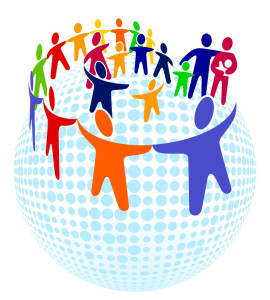If summer is the weeks between Memorial Day and Labor Day, summer is a third over already. Have you made your summer vacation plans? Have you figured out how you’re going to get a break and renew your  energy?
energy?
I’ve advocated making vacation time truly yours and figuring out how to completely shut off from work. You need to make sure you have someone covering while you are away and trust that they will handle things well without you.
It’s a little different now that I have my own business with two colleagues and our work is more fluid. When I am off for 2 weeks on a long planned European trip later this year, I will shut it off completely. My colleagues will handle whatever comes up.
But when I take other shorter breaks, I will continue to manage my key commitments and the high priorities. Here are some tips for managing when you must work on vacation:
Timebox – If you need to do certain work, schedule a specific block of time to do it then shut it off for the rest of the day.
Accessibility – Make sure your colleagues know when you are and aren’t available. With cell coverage and Wi-Fi being pervasive, it shouldn’t be hard to do whatever you have to do wherever you are. But when you are in a remote area and have limited or spotty cell coverage, make sure others know this.
Email management – We all know email can be a time sink. It’s endless. Scan it quickly and deal with only what’s time sensitive and high priority. The rest can wait. Since you are not checking it as often, ask colleagues to text you if there is something you need to deal with.
Managing family expectations – If you are the only family member who needs to work while away, let them know the time you need for work and manage their expectations. Trust me, it will avoid stupid fights and bad feelings.
For advice on completely shutting off on vacation and why it’s so important to do so, check out my post, “Take time to reboot”.
Kudos to all of you who plan to spend some of your vacation time doing community service or volunteering for something you are passionate about – there are many opportunities to pay it forward these days.
Happy summer! It will be over before you know it.
Related Posts:




